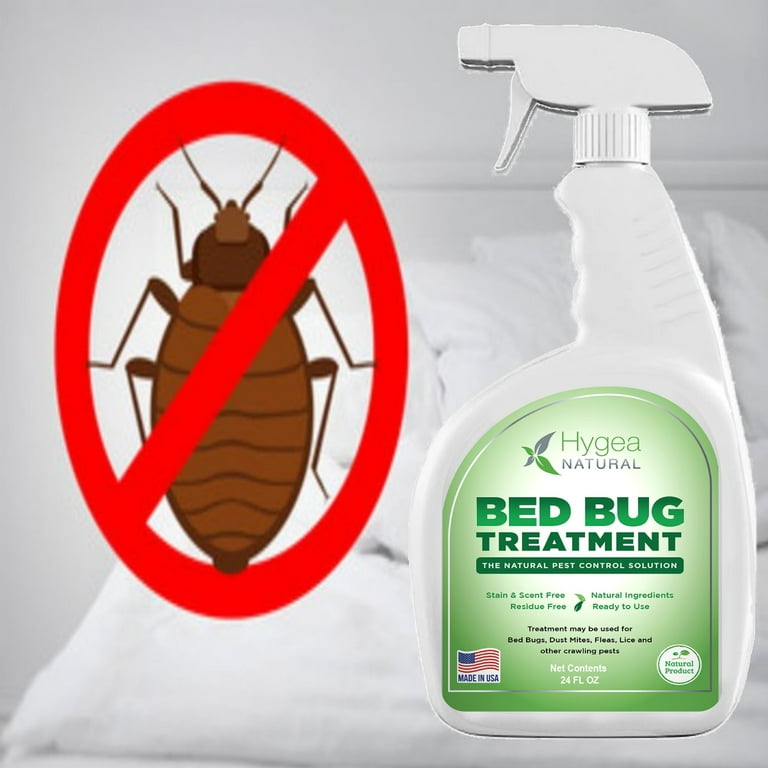Effective Kings Pest Control Cincinnati Ohio: Dependable Solutions
Effective Kings Pest Control Cincinnati Ohio: Dependable Solutions
Blog Article
Sorts Of Insect Control: Which Approach Is Right for Your Infestation?
When encountered with an insect infestation, the selection of a proper approach for parasite control is crucial in properly taking care of the situation. By exploring the different kinds of bug control approaches available, people can make enlightened decisions tailored to their unique conditions, making sure a much more lasting and reliable end result in insect elimination.
Chemical Pest Control
Chemical bug control involves making use of synthetic or naturally derived chemicals to manage and eradicate pest populations efficiently. This approach is generally utilized in farming, forestry, and household setups to combat a variety of bugs, consisting of insects, rats, and weeds. The usage of chemical pesticides can give quick and targeted services to pest invasions, making it a prominent choice for several people and organizations.
Among the key advantages of chemical bug control is its capability to quickly get rid of pests, decreasing the danger of damages to plants, property, and human wellness. By utilizing certain chemicals that target certain pests, this technique can effectively control problems while reducing damage to advantageous organisms and the environment when used properly.
However, making use of chemical insect control also raises issues concerning potential unfavorable impacts on non-target species, water resources, and human wellness. It is essential to follow security guidelines, apply chemicals sensibly, and think about alternate bug control techniques to lessen these threats and make sure sustainable insect management methods.
Biological Insect Control
Biological insect control, also called biocontrol, makes use of living microorganisms to decrease and manage bug populations naturally. This approach utilizes the power of nature to manage pests without the demand for artificial chemicals. Biocontrol can involve the intro of natural enemies of the pest varieties, such as virus, killers, or parasites, to suppress bug populaces. By utilizing the pest's all-natural killers or virus, biological parasite control provides a lasting and ecologically friendly solution to pest management.

Mechanical Bug Control
Utilizing manual and physical approaches to handle insect populaces, mechanical bug control supplies an alternative approach that does not rely upon making use of living organisms or synthetic chemicals. This technique includes making use of barriers, catches, or various other devices to literally hinder or remove bugs. By blocking bug entry points or establishing traps to capture them, mechanical bug control can efficiently lower recommended you read problems without introducing chemicals right into the setting.
One usual instance of mechanical parasite control is using mesh displays on windows and doors to prevent bugs from entering structures. This basic yet efficient technique functions as a physical obstacle, keeping parasites out while enabling appropriate air flow. In addition, tools like mousetraps, fly swatters, and ultrasonic repellents drop under the mechanical bug control classification.
While mechanical pest control approaches can be labor-intensive and call for routine surveillance and upkeep, they offer a lasting and eco pleasant service for taking care of parasite infestations. By combining various mechanical strategies, homeowner can develop a detailed bug control approach that lessens reliance on chemical pesticides.
Physical Bug Control

Some common physical parasite control methods include making use of barriers such as displays or webs to protect against bug entry, catches to record and remove pests, and hand-picking to literally eliminate insects from plants or frameworks. Furthermore, strategies like warmth treatments can be utilized to regulate insects like bed bugs by raising the temperature to degrees that are lethal to the insects.
Physical insect control is especially valuable in incorporated bug monitoring (IPM) approaches, effective termite prevention where several pest control methods are integrated for reliable pest administration while reducing the usage of chemicals. By using physical parasite control strategies, individuals can efficiently attend to bug invasions with marginal environmental impact.
Integrated Insect Management
When carrying out physical parasite control approaches as part of bug administration strategies, Integrated Parasite Administration (IPM) becomes a comprehensive method that leverages different strategies to effectively control pest populations. IPM concentrates on long-lasting prevention of bugs through a combination of biological, cultural, physical, and chemical tools customized to particular pest problems. By integrating several control strategies, IPM intends to lessen the risks associated with pests while likewise lowering dependence on chemical options.
One secret element of IPM is the emphasis on monitoring and analyzing pest populaces to figure out one of the most suitable control methods. This aggressive strategy enables very early treatment and targeted methods, resulting in a lot more reliable parasite monitoring. In addition, IPM promotes eco-friendly techniques by prioritizing non-chemical control techniques and just using pesticides as a last resource.
Conclusion

By using the bug's natural killers or pathogens, biological bug control uses a eco pleasant and lasting solution to pest management. - Kings pest control cincinnati oh
Using hand-operated and physical methods to handle bug populations, mechanical insect control provides a different technique that does not count on the usage of living organisms or synthetic bed bug pest control companies chemicals.A reliable approach to taking care of insect populaces without counting on chemical or organic methods involves the use of physical bug control techniques.When applying physical insect control approaches as component of parasite management strategies, Integrated Bug Monitoring (IPM) emerges as a thorough method that leverages various strategies to successfully regulate pest populations. Chemical parasite control involves the usage of chemicals, biological pest control uses all-natural killers, mechanical pest control includes physical obstacles, physical pest control includes trapping or removing pests, and incorporated parasite management integrates numerous techniques for a holistic approach to pest control.
Report this page